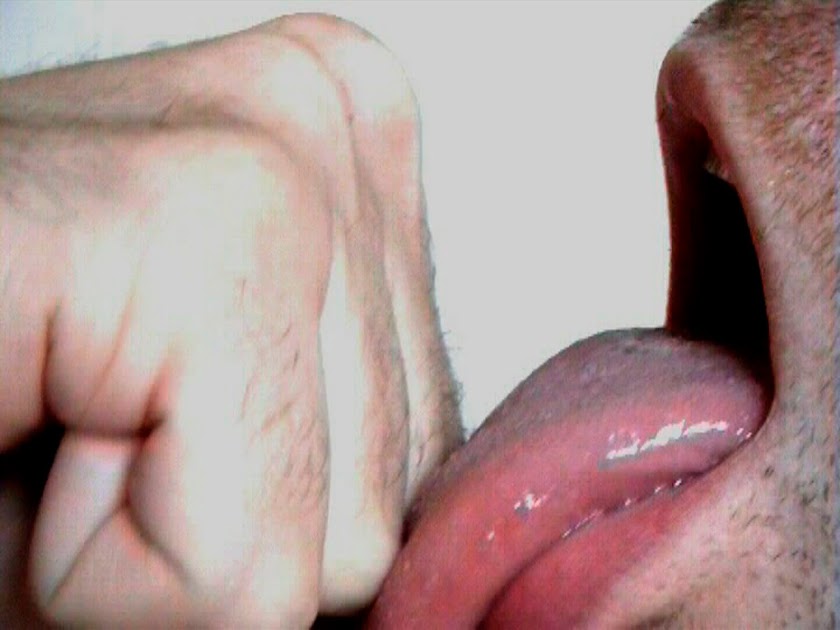

Etiquette (one-to-one performance, 2008)
This shows the original plan for performance set up and an image of the actual set up captured at the Performance Time Festival. A 9 day festival of live art hosted by an organisation based in Istanbul, Turkey called GalataPerform. The work was performed in March this year as part of a group exchange organised by performance artist Carole Luby. The exchange was funded by Arts Council England, North East.
The work manipulates a very simple set of performative codes of conduct to consider structured interaction. I was interested in setting up a situation where the usual performer/spectator relationship, and the balance of power shifted. Considering the formally accepted etiquette of clapping - often completely inappropriately - at the end of a performance or piece of live art. Someone mentioned to me that clapping at the end of a performance originated in some cultures as a way to ward off evil spirits, as though silence itself was a dangerous thing. This has interesting comparisons in our culture, as silence, is something a lot of people have a problem with. Silence when in company is reserved for your very closest friends and family members. Maybe we use clapping in performance in similar ways, to mask ‘uncomfortable’ silence, perhaps to chase away our personal demons, make ourselves feel better or feel accepted, feel like part of an understanding group. Maybe we are simply playing our role as the viewer.
Interestingly enough I was able to chat informally with many of the Turkish people who had participated in the work immediately afterward. It transpired that the cultural differences between Turkey and the UK had completely altered the reading of the work. Though I had always been aware that the work would be a slightly uncomfortable experience for the viewer and myself I had not expected what actually happened. I have used the word 'interrogation' before to describe the primary focus or intended area of study within the work. However, the Turkish police force and their methods of questioning obviously charge the word with much greater significance for the Turkish people. Many of the individuals who I spoke to recounted very strong feelings of fear, all caught up with the idea of being interrogated by the police. Apparently in Turkey, questioning (interrogation) can happen randomly and was described as being almost like torture. Feedback was translated to me from a Turkish girl who said she had always dreamed of being in the spotlight, up on stage performing, but when the work placed her in this position all she felt was panic and discomfort.
